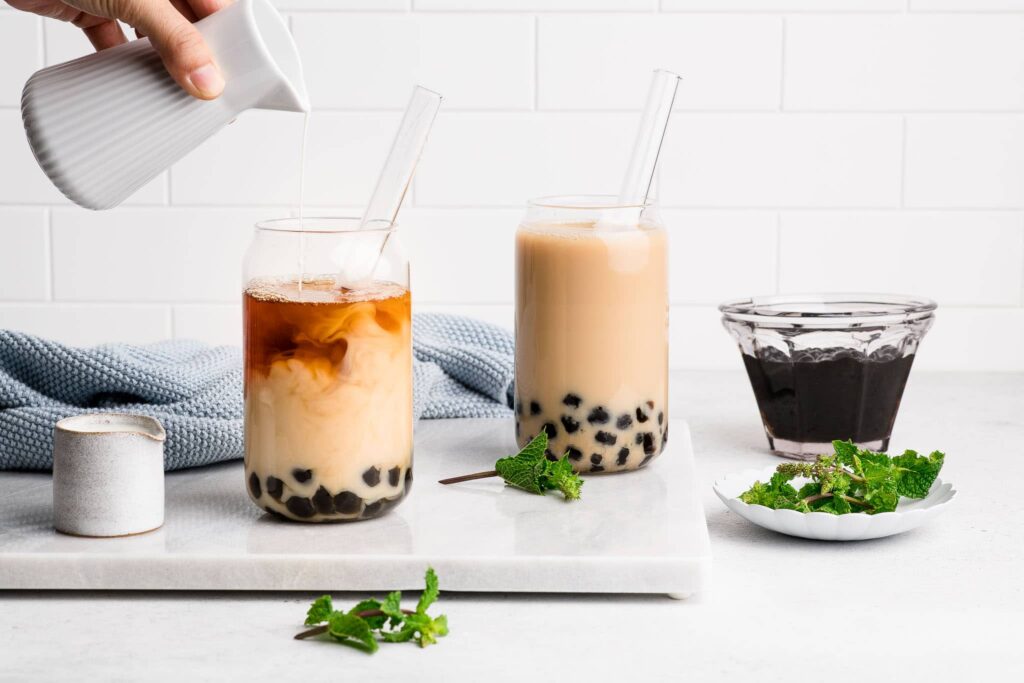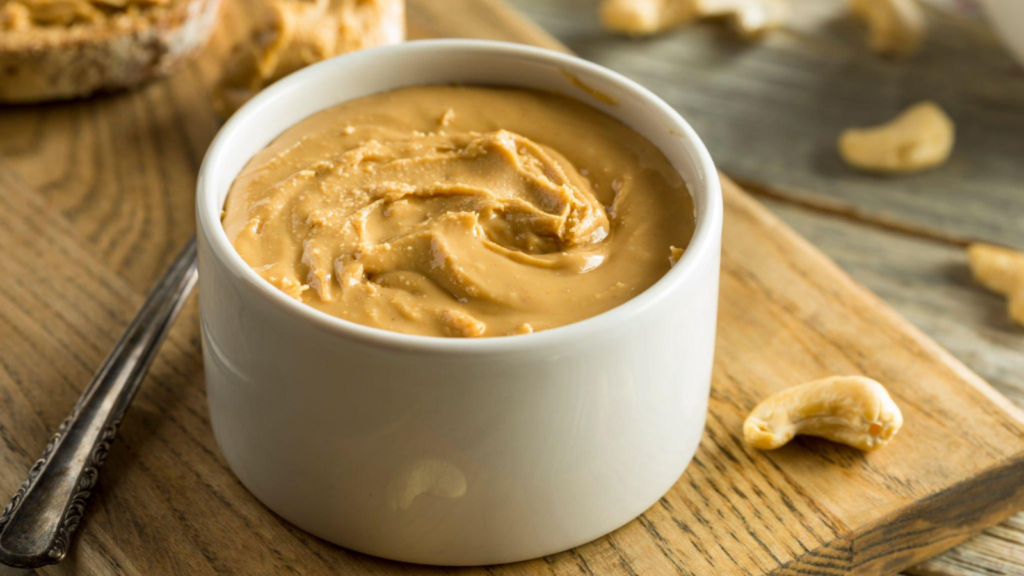Boba, also known as bubble tea, has taken the world by storm. But is boba healthy? This question lingers in the minds of many who enjoy this delightful drink. With its chewy tapioca pearls and a variety of flavors, boba can be both a treat and a concern for health-conscious individuals. In this article, we’ll explore the nutritional aspects of boba, its ingredients, and how it fits into a balanced diet.
What is Boba?
Boba originated in Taiwan in the 1980s and has since become a global phenomenon. It typically consists of:
- Tea: Black, green, or herbal.
- Milk: Dairy or non-dairy options.
- Sweeteners: Sugar, honey, or syrups.
- Tapioca Pearls: Chewy balls made from cassava starch.
Variants of Boba
There are many types of boba drinks, including:
| Type | Description |
|---|---|
| Classic Milk Tea | Traditional tea with milk and sweetener |
| Fruit Tea | Tea infused with fruit flavors |
| Slushie | Blended ice with tea and flavors |
| Creamy Drinks | Rich drinks with added cream or ice cream |
Nutritional Breakdown of Boba
Understanding whether boba is healthy starts with its nutritional content. Here’s a typical breakdown for a standard 16 oz serving of classic milk tea with tapioca pearls:
| Nutrient | Amount per Serving |
|---|---|
| Calories | 300-500 |
| Carbohydrates | 60-80g |
| Sugars | 30-50g |
| Protein | 1-5g |
| Fat | 0-5g |
Key Ingredients Explained
- Tapioca Pearls: High in carbohydrates but low in nutrients.
- Tea: Contains antioxidants that can be beneficial.
- Sweeteners: Can significantly increase calorie count.
Health Benefits of Boba
Despite some concerns, there are potential benefits to enjoying boba:
Antioxidants from Tea: Tea is rich in antioxidants like catechins and flavonoids, which may help reduce inflammation and improve heart health.
Customization Options: Many shops allow for customization, letting you choose healthier alternatives like:
- Less sugar
- Non-dairy milk
- Fruit instead of syrup
Potential Health Risks: While there are benefits, it’s essential to consider the risks associated with boba consumption:
High Sugar Content: Many boba drinks are loaded with sugar. Excessive sugar intake can lead to various health issues, including obesity and diabetes.
Empty Calories: Tapioca pearls provide energy but lack essential nutrients. Relying on boba as a regular snack may not support overall health.
Allergies and Sensitivities: Some individuals may have allergies to certain ingredients used in boba drinks, such as dairy or specific sweeteners.
How to Make Healthier Choices
If you love boba but want to make healthier choices, consider these tips:
- Opt for Less Sugar: Request less sugar or try natural sweeteners like honey or agave syrup.
- Choose Fresh Ingredients: Select fruit teas or drinks made with real fruit rather than syrups to boost nutritional value.
- Limit Frequency: Enjoy boba as an occasional treat rather than a daily indulgence.
- Portion Control: Consider ordering a smaller size or sharing with a friend to reduce calorie intake.
Is Boba Healthy for Weight Loss
When considering if boba is healthy for weight loss, moderation is key. Traditional boba drinks are often high in sugar and calories, which can hinder weight loss efforts. However, you can make healthier choices by opting for smaller sizes, reducing sugar levels, and selecting fruit-based teas instead of syrup-laden options. Incorporating boba occasionally, while maintaining a balanced diet and active lifestyle, can allow you to enjoy this treat without significantly impacting your weight loss goals.
Is Bubble Tea Bad for Your Stomach
Is bubble tea bad for your stomach? It can be, depending on individual sensitivities. The tapioca pearls may cause digestive discomfort for some people, especially if consumed in large quantities. Additionally, high sugar content can lead to bloating or upset stomach. Dairy-based options may trigger lactose intolerance symptoms in sensitive individuals. If you have a sensitive stomach, consider choosing fruit teas without heavy cream or excessive sweeteners to minimize potential digestive issues while still enjoying bubble tea.
Real-Life Examples
Let’s look at how some people incorporate boba into their lifestyles while maintaining health consciousness:
- Sarah’s Story: Sarah loves boba but noticed her sugar intake was too high. She switched to unsweetened almond milk and reduced her sugar level by half. Now she enjoys her drink guilt-free!
- Mike’s Approach: Mike is an athlete who enjoys boba after workouts. He opts for fruit-based teas without added sugars to replenish his energy without the extra calories.
- Emily’s Customization: Emily frequently visits her local boba shop but always asks for extra fruit instead of syrup. This way, she gets fiber and vitamins while enjoying her favorite drink.
Conclusion: Is Boba Healthy?
So, is boba healthy? The answer isn’t black and white. While it offers some benefits—like antioxidants from tea—it also comes with potential downsides such as high sugar content and empty calories from tapioca pearls.
The key is moderation and making informed choices. Enjoying boba occasionally while opting for healthier variations can allow you to indulge without compromising your health goals.
In summary, if you love boba, don’t shy away! Just be mindful of how you consume it, and you can enjoy this trendy drink without guilt.
By understanding the intricacies surrounding boba’s ingredients and nutritional value, you’ll be better equipped to make choices that align with your health goals while still savoring your favorite bubble tea!


